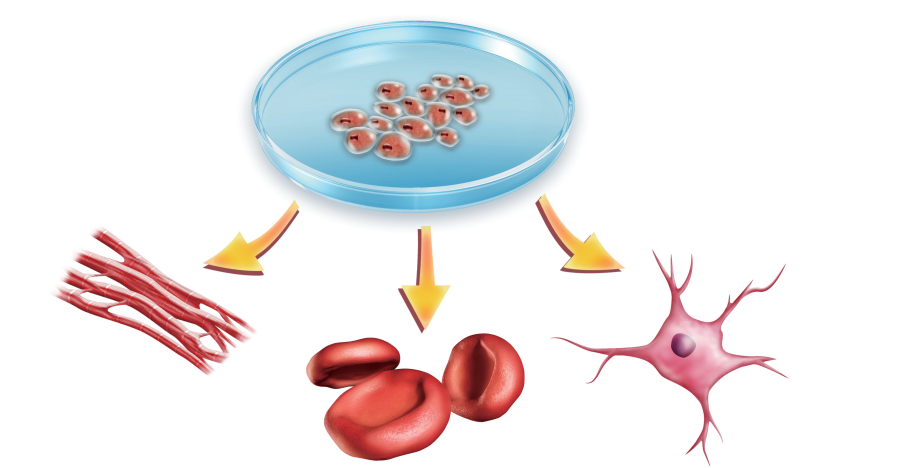Reprogramming somatic cells can generate induced pluripotent stem cells (iPSCs), which find broad applications in cell therapy, organ regeneration, disease modeling, and drug evaluation. The utilization of iPSC-derived cardiomyocytes and neurons for treating respective diseases has progressively entered clinical stages. The preparation method of iPSCs via transfection of reprogramming factor mRNA offers several inherent advantages: 1) It avoids potential DNA mutations caused by plasmids, viruses, or other carriers, thereby minimizing cellular abnormalities and carcinogenesis risks; 2) Direct and efficient expression of stem cell factors like OCT4 leads to high reprogramming efficiency and short reprogramming cycles, meeting the demand for rapid clinical acquisition; 3) It enables the preparation of iPSCs from blood cells, facilitating sample collection from patients and enhancing method compliance; 4) mRNA-LNP transfection (off-the-shelf type, without the need for temporary preparation) combined with serum-free culture systems, achieves a chemically defined reprogramming system, ensuring controllable iPSCs preparation quality and simplified operation. In summary, the mRNA method allows the acquisition of clinically relevant induced pluripotent stem cells.
We offer tailored services for mRNA-induced cell reprogramming (fibroblasts, blood cells, liver cells, endothelial cells, mesenchymal stem cells) to iPSCs, iPSC induction reagent kits, cell culture media, cell line establishment, and comprehensive solutions for related detection and evaluation. These solutions help customers efficiently obtain iPSC cell lines without the risk of DNA integration mutations, thereby contributing to the generation of high-level scientific research outcomes.
